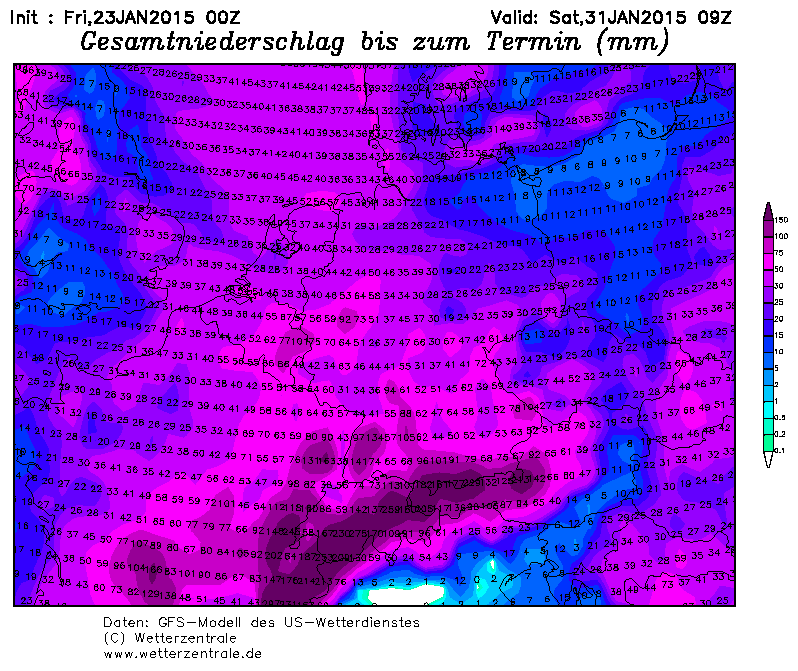Weather and climate - what was that again?
Weather is what we notice when we walk out the door. Climate is what we might notice briefly during decades of walking out the door, but we definitely can't remember. Or does anyone remember when the continental glaciers retreated 12,000 years ago and our current interglacial (warm period within an ice age), also known as the Holocene, began?
Climate describes the state of the climate system (atmosphere, hydrosphere, cryosphere, etc.) over a period of at least several decades, up to geological time scales. Mean values and also typical fluctuation ranges around the mean are recorded, in addition to other long-term phenomena that would be lost in the daily noise. As a rule, mean values over 30 years are used as climatological reference periods ("the current year is XY warmer or colder than the reference period"). The ZAMG provides a good summary of this.
Of course, the weather has a lot to do with the climate, but not from one day to the next, but only as an average over a long period of time and large spatial expansions. People like to imagine that they can somehow feel the climate, but "there's so little snow everywhere again, it's because of climate change" is just as bad an argument as "last year it snowed a lot in East Tyrol, climate change doesn't exist." The WeatherBlog usually prefers to stay out of the whole climate debate, but is of the opinion that neither side does itself any favours with such statements, be it a lift operator who drowns endangered high alpine mice in heavy oil in his free time on the way to the next reclosure, the Alpine Association or organizations like Jeremy Jones' Protect Our Winters.





